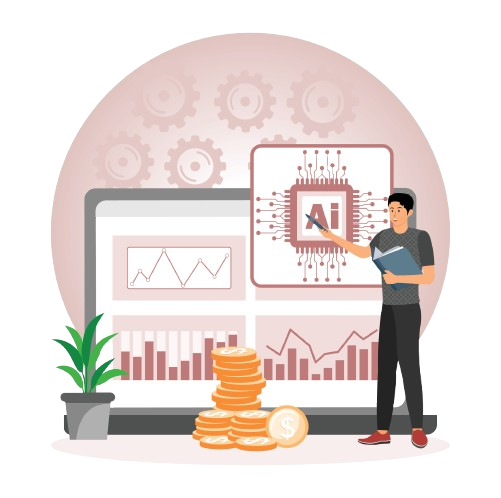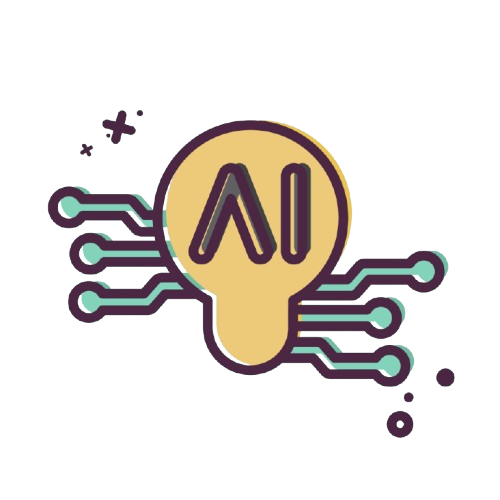
As decentralized finance continues to expand in the US cryptocurrency market, smart contracts are no longer confined to executing simple instructions. With artificial intelligence now infused into blockchain infrastructure, including tools like block explorers that help users monitor and verify transactions, a new wave of intelligent contracts is emerging. These AI-powered smart contracts do more than just react to preset rules—they learn, adapt, and optimize outcomes in real-time. The blend of machine learning with decentralized protocols is opening new frontiers in how people interact with digital assets, manage risk, and govern financial systems.
Machine Learning Meets Blockchain: The Technical Fusion Behind Intelligent Contracts
At the core of this transformation is the integration of machine learning models into decentralized networks. These models allow smart contracts to interpret historical data and make predictions, creating an ecosystem where contracts can automatically adapt to changing conditions. Rather than operating in rigid structures, these smart contracts behave more like evolving organisms, continuously improving their performance based on experience. This shift in architecture marks a turning point, making decentralized systems more responsive and efficient.
Predictive Risk Assessment: AI Models That Prevent DeFi Protocol Exploits
Security has been one of DeFi’s most pressing concerns. AI-powered smart contracts are now equipped with predictive risk models that scan for unusual activity and forecast potential vulnerabilities. These systems can identify patterns that often precede exploits, such as sudden liquidity shifts or erratic token behavior. By anticipating threats, the contracts can respond proactively, freezing actions or notifying network participants before damage occurs.
Robo-Advisors on the Blockchain: AI-Driven Portfolio Management in DeFi

Smart contracts can now function like robo-advisors, analyzing user goals and market conditions to create personalized strategies. Whether someone is saving, trading, or seeking passive income, the contract adapts its behavior to suit the individual’s needs. These systems bring a new level of accessibility, allowing anyone to benefit from tailored financial planning without requiring advanced knowledge of DeFi mechanics.
AI-Enhanced Voting Systems: Smart Contracts That Improve DAO Decision-Making
Decentralized autonomous organizations rely on community votes to make decisions. AI helps refine this process by highlighting conflicts of interest, predicting proposal impacts, and even suggesting better alternatives. The result is a more informed voting system where decisions reflect not just opinion but also insights drawn from data.
Gas Fee Optimization: AI That Minimizes Transaction Costs Automatically
Transaction costs remain a concern in blockchain networks. AI offers a solution by analyzing network activity and timing contract execution when fees are lower. This not only saves money but also ensures more transactions are confirmed successfully. The contract effectively becomes cost-aware, delivering better performance and value.
Private AI on Public Blockchains: Zero-Knowledge Machine Learning Systems
Privacy and transparency are often at odds in blockchain. AI models using zero-knowledge proofs create a new balance by enabling learning without exposing sensitive data. These smart contracts can make recommendations, execute trades, or validate identity while keeping personal details secure. It enhances trust while maintaining confidentiality.
The Self-Sustaining Protocol: AI-Driven Economic Models That Balance Supply and Demand
Tokenomics becomes more refined when driven by intelligent automation. AI models track activity, gauge user engagement, and adjust token supply accordingly. By dynamically managing incentives and rewards, these contracts help maintain a healthy ecosystem that supports long-term growth without relying on centralized intervention.
TradFi Meets AI DeFi: How Traditional Finance Adopts Intelligent Automation

Traditional finance institutions are beginning to explore AI-powered DeFi solutions. From custody services to lending, the appeal lies in speed, transparency, and adaptability. Smart contracts that automate complex processes offer a gateway for these institutions to integrate with decentralized systems while maintaining the standards expected in regulated environments.
The Autonomous Economy: When AI Smart Contracts Replace Human Financial Decisions
As AI continues to evolve, there’s a growing possibility that many financial decisions will be handled entirely by machines. From investing and lending to governance and compliance, the system may operate with minimal human input. While this raises philosophical questions, it also opens opportunities for increased efficiency, inclusivity, and innovation in finance.
Conclusion
The rise of AI-powered smart contracts marks a significant evolution in decentralized finance. These intelligent systems go beyond automating tasks—they learn, adapt, and improve with every interaction. From risk management to user experience, governance, and beyond, AI is shaping a more responsive, secure, and accessible DeFi landscape. In a world where every second counts and every decision has financial weight, trusting smarter contracts might not just be a convenience—it could be a necessity. As these technologies continue to mature, users and developers alike will be challenged to rethink what financial autonomy truly means.